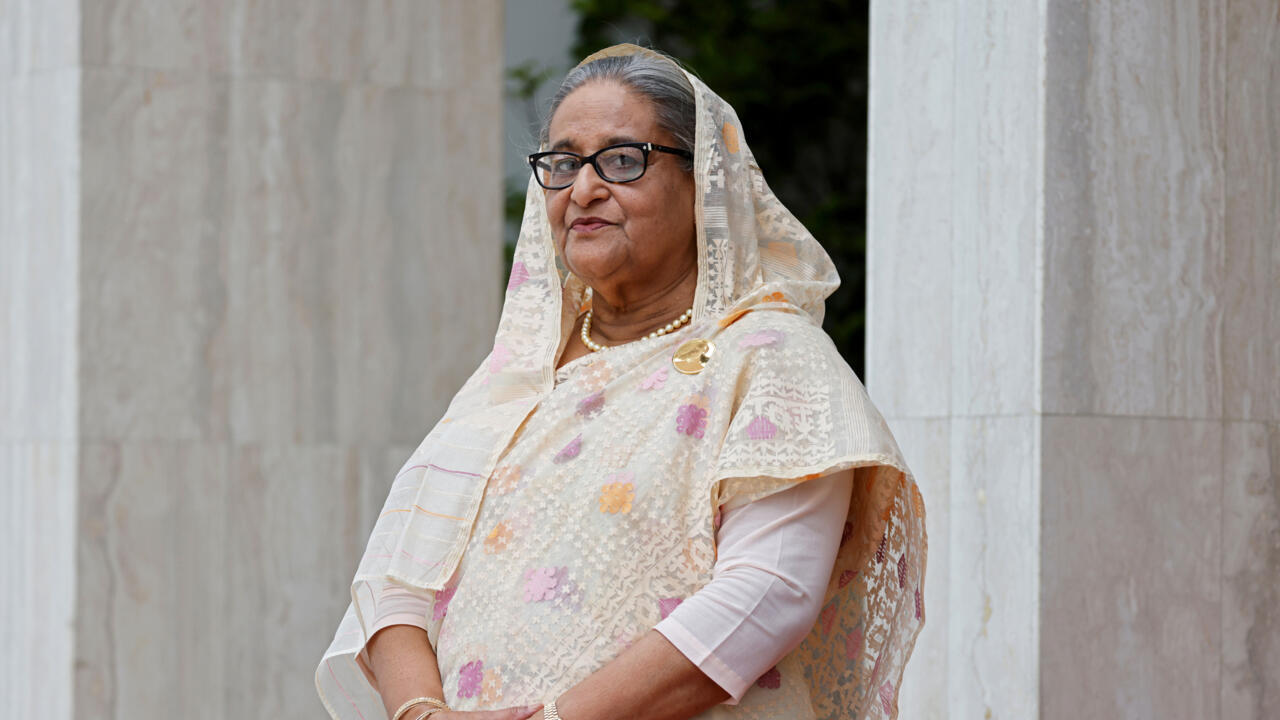
Bangladesh’s Interim Government uses the Anti-Terror Law to stop the Awami League from doing anything
Bangladesh’s temporary government has banned all political actions of the party of former PM Hasina, saying they pose a threat to national security.
Using the Anti-Terrorism Act, Bangladesh’s temporary government has stopped the Awami League from doing any political work. The Awami League was the party of deposed Prime Minister Sheikh Hasina for a long time.
Officials said the broad move was necessary because of threats to national security. It is a new chapter in the country’s ongoing political chaos.
The ban was announced late Saturday night. It comes after days of large-scale protests led by the National Citizen Party (NCP), which was formed by students after last year’s popular uprising that removed Hasina from office.
Several Islamist and right-wing parties, such as Jamaat-e-Islami, joined the protests. They wanted the Awami League to be officially named a terrorist group because they said it was involved in killing people who were protesting.
According to a statement from the temporary government, the ban will stay in place until the trials against the Awami League and its leaders for their role in the deaths of hundreds of protesters are over. The International Crimes Tribunal (ICT) will be in charge of the cases.
The government also stated that the ICT Act would be changed, which is a big change in the law. The new rule means that the court can now charge not only people but also political parties and organizations as a whole. This means that the Awami League can be tried as a business.
The Awami League was founded in 1949 and has been the main political force in Bangladesh for most of its history since 1971. It was at the forefront of the country’s fight for freedom. In a Facebook post, it said, “All decisions of the illegal government are illegal,” which means it didn’t agree with the move.
Since Prime Minister Hasina fled to India in August after a wave of protests, many of which were deadly and started because people didn’t like job targets in the public sector, the country has been on edge. The unrest turned into a larger revolt against Hasina’s leadership, which led to the creation of a temporary government led by Muhammad Yunus, winner of the Nobel Peace Prize.
Yunus has promised changes to the way politics and elections work. He has also said that national elections might not happen until 2026 so that the law can be changed and court cases can be looked into.
The Bangladesh Chhatra League is the student branch of the Awami League. In October, the government banned it, calling it a “terrorist organization” because it was thought to be planning deadly attacks on anti-government protesters.
All Categories
Recent Posts
Tags
+13162306000
zoneyetu@yahoo.com



